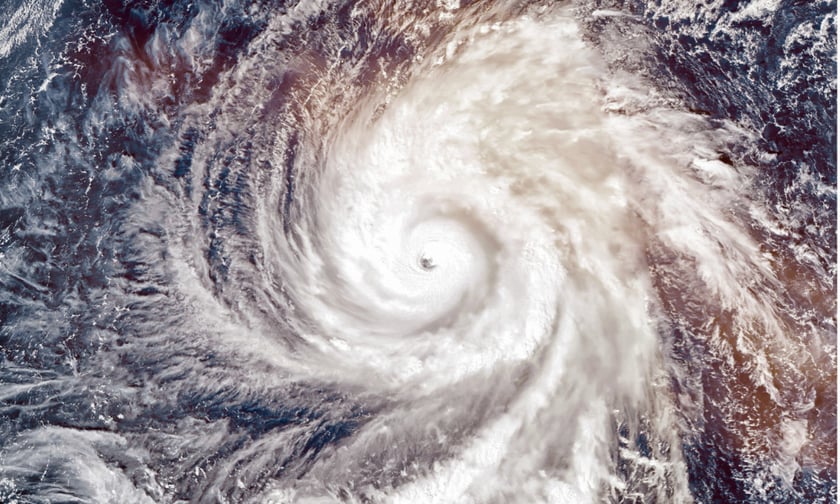

Residents in Atlantic Canada are being told to brace for a potentially more active hurricane season.
The Canadian Hurricane Centre has sounded the alarm after a revised outlook from US forecasters revealed a heightened likelihood of storms hitting the region.
The US National Oceanic and Atmospheric Administration (NOAA) is now predicting between 14 to 21 named storms, up from the initial range of 12 to 17. Of this total, six to 11 storms are expected to intensify into hurricanes.
“A possibility of more storms than normal as we go into the peak of the hurricane season also increases the possibility that one of those storms will make it up to our neck of the woods in Eastern Canada,” Chris Fogarty, who heads the Canadian Hurricane Centre, told the Canadian Press.
NOAA attributed the surge in predicted storms to the persistently high ocean temperatures and the delayed onset of the El Niño phenomenon, which usually curbs hurricane activity.
The agency’s updated forecast revealed that sea temperatures spanning the expanse between Africa's western edge and the Caribbean—the primary storm formation area—are 1.2 degrees Celsius above the long-term average. This is the warmest on record since 1950.
“Over the next week as we approach mid-August there’s really nothing going on in the Atlantic, but all we need is for storms to form over those warm waters and they’ll probably accelerate pretty quickly, given the conditions,” said Fogarty.
The biggest concern is the potential for a wet tropical system to transition into a hurricane, he added, especially due to the lingering humidity that has enveloped the region since July.
Last year’s Hurricane Fiona left a trail of destruction across Atlantic Canada. It ranked among the top extreme weather events in Canada’s history, with insured damages exceeding $800 million, according to the Insurance Bureau of Canada.
What are your thoughts on this story? Feel free to comment below.
